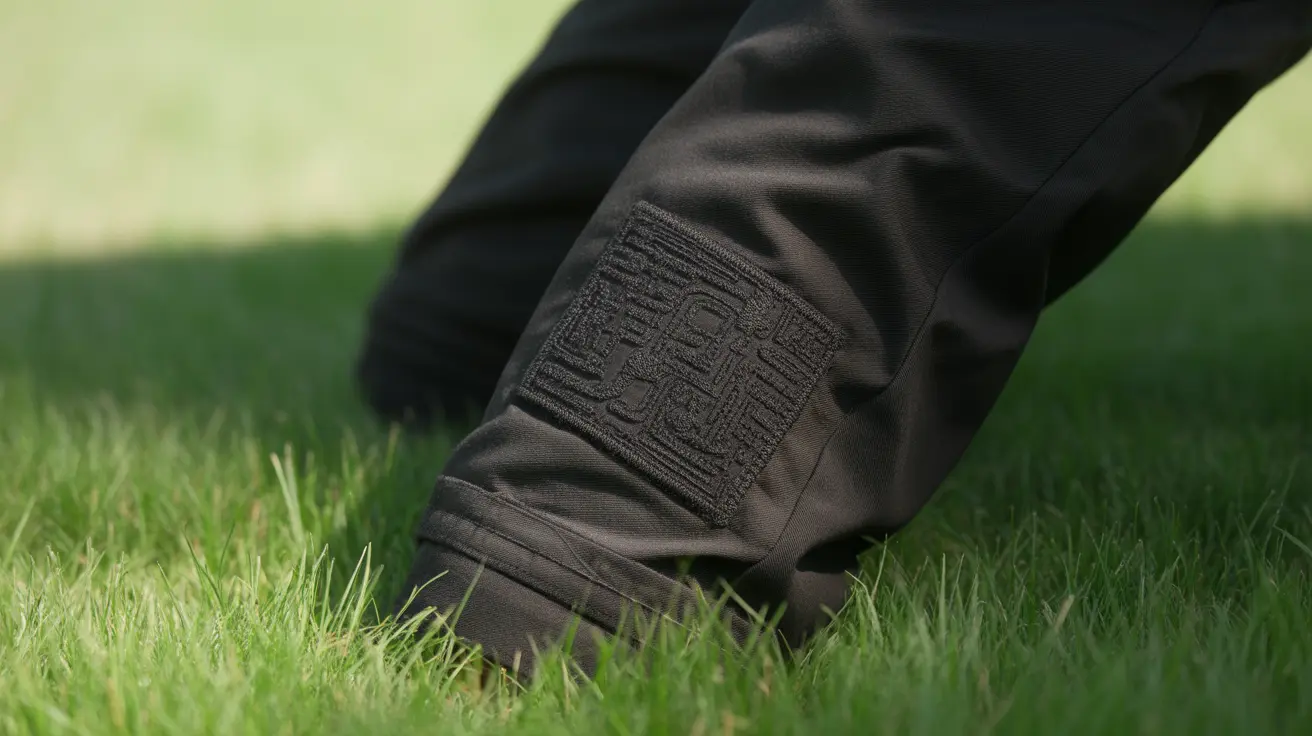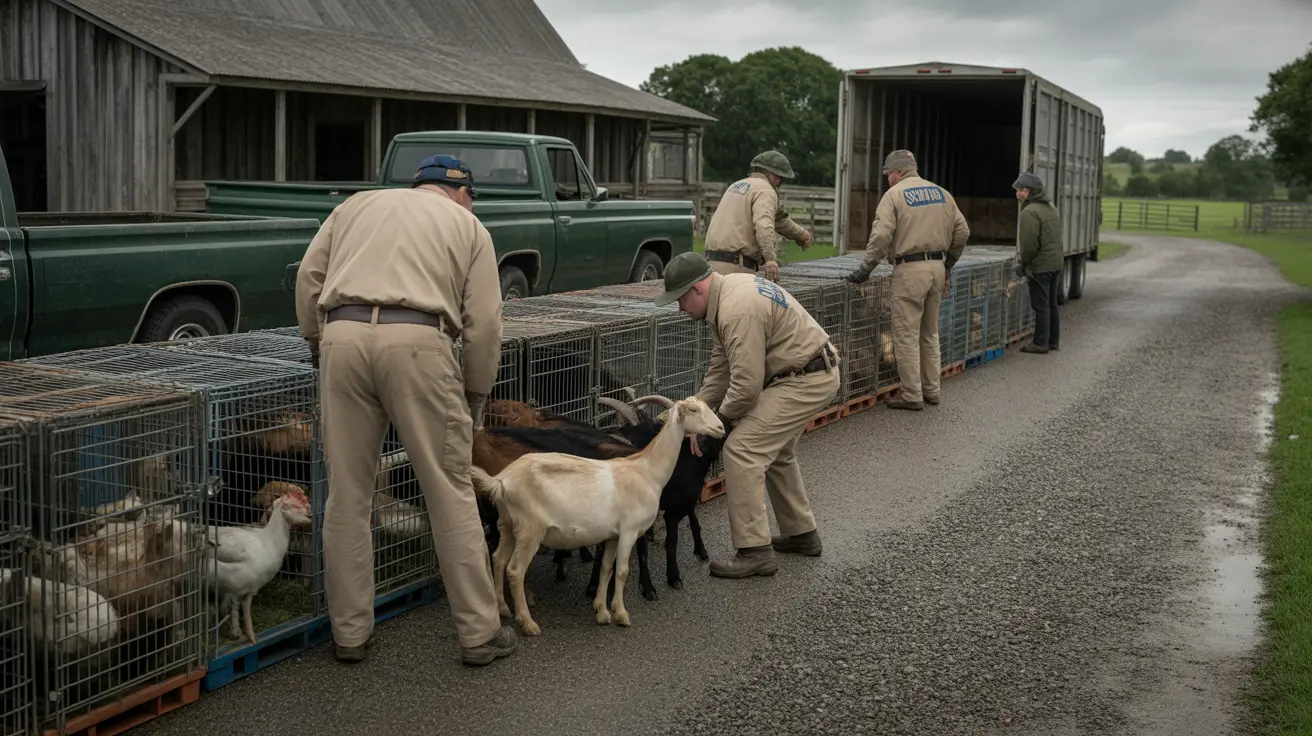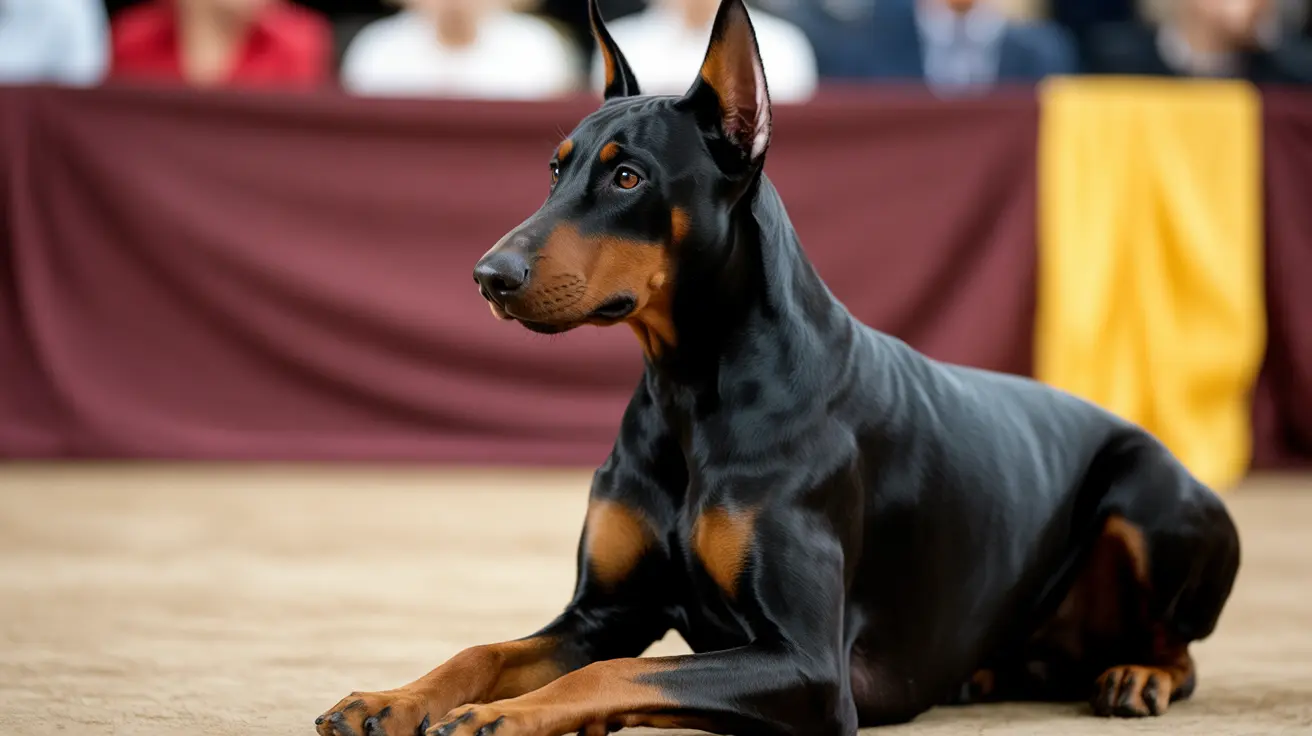Do Dogs Like Face Kisses? Understanding Canine Reactions
For many pet owners, expressing affection through a gentle kiss on their dog’s face feels natural. However, whether or not dogs enjoy face kisses depends on several factors, including their upbringing, personality, and level of socialization. Understanding a dog’s body language and respecting its comfort zone is crucial in determining how it perceives this human gesture.
Canine Communication vs. Human Affection
Humans are naturally inclined to show love and affection through physical contact, such as hugging or kissing. In contrast, dogs use a completely different set of gestures and cues to express how they feel. When a human leans in close to kiss a dog’s face, the dog might:
- Feel confined or trapped.
- Perceive the gesture as a dominant or threatening behavior.
- Become confused by a form of communication that is not part of its species-specific behaviors.
This difference in communication styles can explain why some dogs may not react positively to having their faces kissed.
The Role of Early Socialization
Socialization during puppyhood plays a key role in determining how a dog responds to close human contact. Dogs that are raised in affectionate households and regularly experience gentle handling and physical affection early on may grow up to accept or even enjoy face kisses. On the other hand, dogs that were not properly socialized may regard such gestures as intrusive.
Signs that a dog is comfortable with face kisses include:
- Relaxed body posture.
- Wagging tail in a gentle motion.
- Attempting to lick the person’s face in return.
Signs that a dog is uncomfortable include:
- Backing away or turning its head.
- Whale eyes (seeing the whites of its eyes).
- Growling or showing teeth.
- Lip licking or yawning (signs of stress).
Dog Breeds and Individual Personalities
Breed tendencies may play a minor role in how a dog responds to affection. Some breeds are known for being more tolerant and people-oriented, such as Golden Retrievers and Labradors, which often accept hugs and kisses more readily. However, each dog is an individual. Even within an affectionate breed, some dogs may simply value personal space more than others.
Health and Past Trauma Considerations
A dog’s reaction to face kisses can also stem from past experiences or health issues:
- Dogs that have been abused or neglected might be fearful of close contact.
- Painful conditions like dental problems or ear infections may cause discomfort when a person goes near the dog’s face.
- Vision or hearing impairments can make sudden close encounters startling or frightening.
It’s important to understand these potential triggers and approach every dog with empathy and patience.
How to Show Affection Safely
If you’re unsure whether a dog enjoys face kisses, consider these alternatives for expressing your love:
- Petting: Most dogs enjoy being stroked on their chest, shoulders, or base of the tail more than on the face or head.
- Play: Engaging in playtime using toys helps build bonds and shows affection in a way dogs naturally understand.
- Verbal Praise: Speaking to your dog in a soothing, happy tone can have a calming and affectionate effect.
- Treat Rewards: Giving treats during positive interactions reinforces love and trust.
Building Trust Over Time
To introduce your puppy or newly adopted dog to face kisses safely, observe its response to being touched and gradually condition it through positive reinforcement. Key strategies include:
- Start with light petting near the face and reward calm behavior.
- Gradually move closer, offering treats and praise.
- Respect refusal. If the dog pulls away, don’t force the interaction.
- Reinforce positive reactions over time and allow the dog to initiate contact.
Remember, what matters most is the bond you share with your dog—not how closely your ways of showing love mirror those shared between humans.
Conclusion: Mutual Respect Is Key
In short, dogs may or may not enjoy face kisses depending on their socialization, personality, and comfort level. While some dogs may return your kiss with a loving lick, others might see it as a threat. As with any interaction, understanding and respecting your dog’s boundaries is crucial to fostering a trusting and loving relationship.





